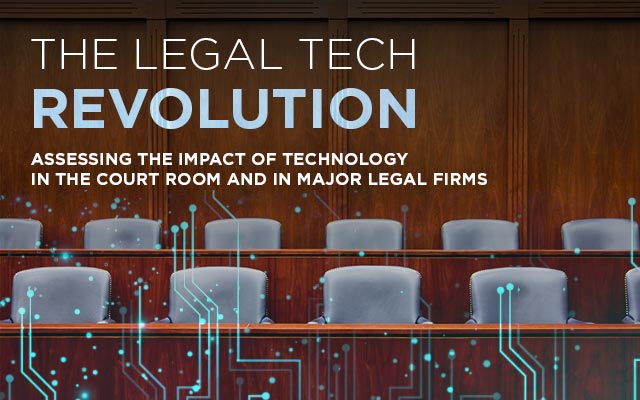As Altlaw’s Information Security Officer, I recently attended a talk titled ‘The Legal Tech Revolution: Assessing the impact of technology in the court room and in major legal firms’, organised by The Professional Law Institute at The Dickson Poon School of Law, Nash Lecture Theatre, Strand Campus, King’s College London.
For those in the industry unable to make this event, I have given my main takeaways below.
This will be the first of my write-ups on the talks happening around London relating to the hottest topics in our industry which we feel will be helpful to our clients.
We all know that law is undergoing a revolution, driven in large part by the rise of technology. This lecture took a look at some of the current key developments arising in two very different legal contexts – the courts and some of the World’s largest law firms. On the panel were experts who are operating at the cutting edge of these significant developments in legal history:
· Dr Victoria McCloud, Master of the Senior Courts, Queen’s Bench Division, Deputy Costs Judge/Taxing Master and ad hoc acting Admiralty Registrar
· Ben Kent, Founder and Director of Meridian West, a professional services company helping professional firms to develop and implement client-focused strategies, co-author of the Professional Services Leadership Handbook
· Michael Hanley, Head of Cyber & Information Security & Assurance/Deputy SIRO, Digital Architecture & Cyber Security (DACS) for HMCTS




